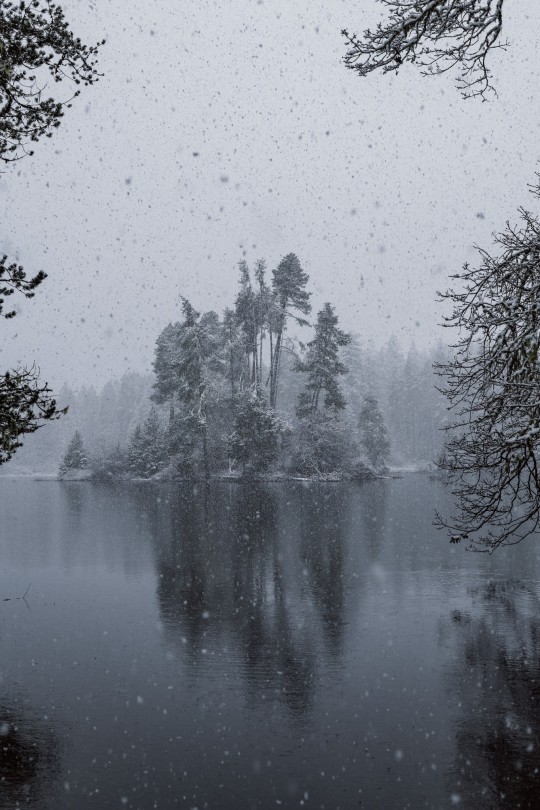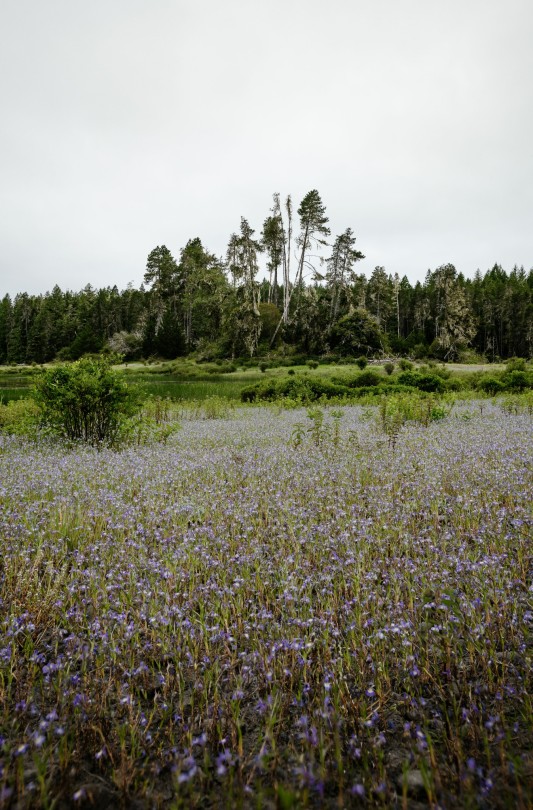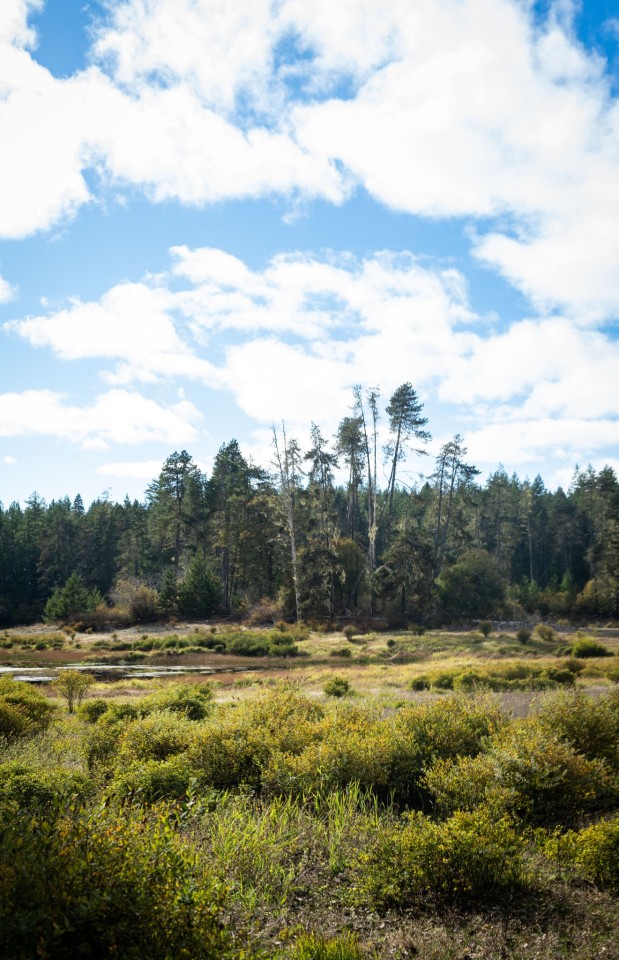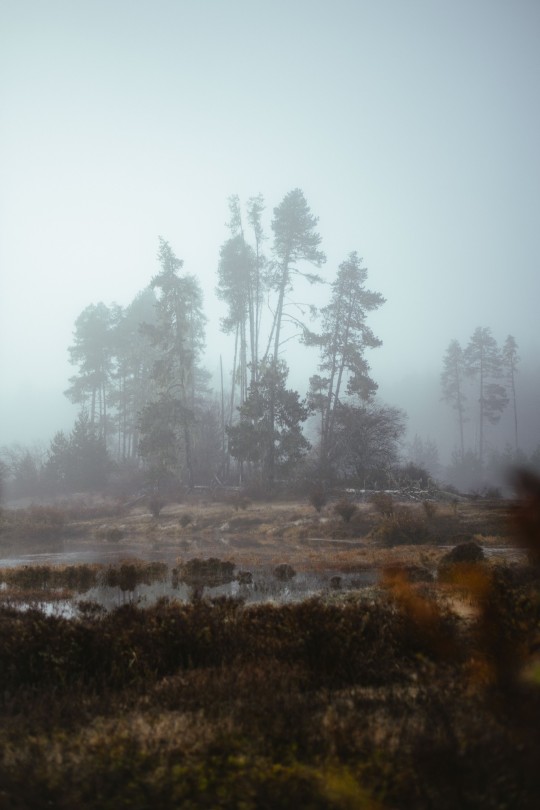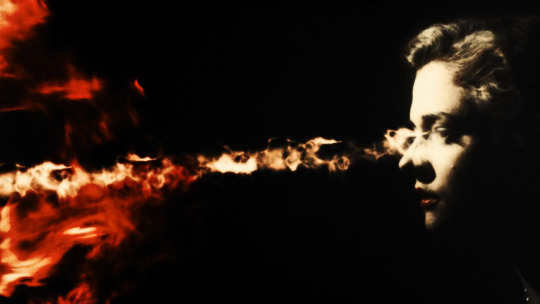toastmcroasty
16K posts
Don't wanna be here? Send us removal request.
Text

Purple night - Dick Bengtsson.
Swedish , 1936-1989
Collage , 64 x 96 cm.
675 notes
·
View notes
Photo

Tomoko Uemura in Her Bath
http://en.wikipedia.org/wiki/Tomoko_Uemura_in_Her_Bath
Tomoko Uemura in Her Bath is a renowned photograph taken by famed American photojournalist W. Eugene Smith in 1971. Many commentators regard Tomoko as Smith’s greatest work. The black-and-white photo depicts a mother cradling her severely deformed, naked daughter in a traditional Japanese bathing chamber. The mother, Ryoko Uemura, agreed to deliberately pose the startlingly intimate photograph with Smith to illustrate the terrible effects of Minamata disease (a type of mercury poisoning) on the body and mind of her daughter Tomoko. Upon publication the photo became world famous, significantly raising the international profile of Minamata disease and the struggle of the victims for recognition and compensation. At the wishes of Tomoko Uemura’s family, the photograph was withdrawn from further publication in 1997, 20 years after Tomoko’s death.
24 notes
·
View notes
Text

“Three Generations of Welsh Miners” 1950
ph. W. Eugene Smith
10 notes
·
View notes
Text
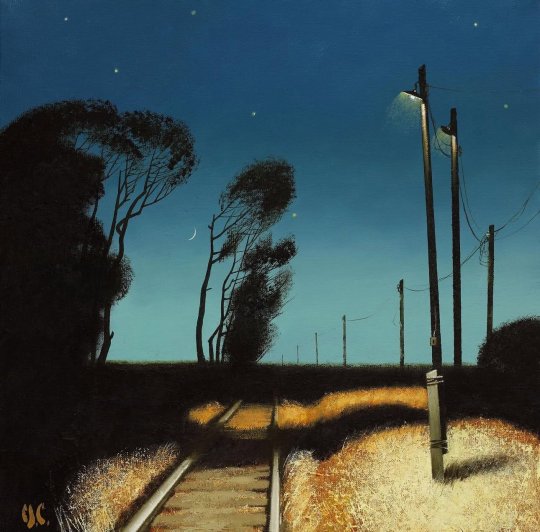
Stas Miroshnikov aka Стас Мирошников aka Stanislav Alexandrovich Miroshnikov aka Станислав Александрович Мирошников (Russian, b. 1985, Yugorsk, Khanty–Mansi Autonomous Okrug, Russia) - Infinity, 2021, Paintings: Oil on Canvas
412 notes
·
View notes
Text
having a freeze response to stress is so funny in the context of normal adult stressors. millions of years of evolution are trying to tell me that the email will not find me if i stay very still and do nothing
147K notes
·
View notes
Photo

Panel 17. Gods of the Modern World - The Epic of American Civilization, 1934, José Clemente Orozco
Medium: fresco
14 notes
·
View notes
Photo
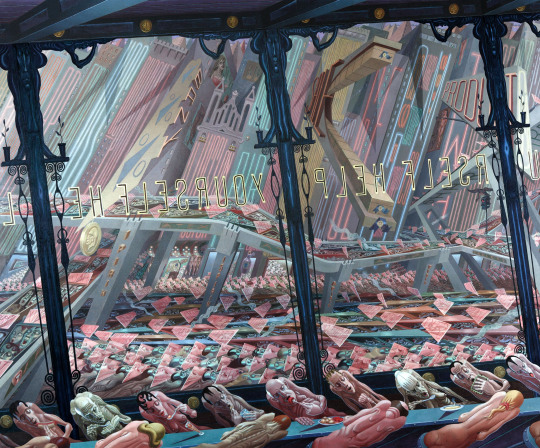


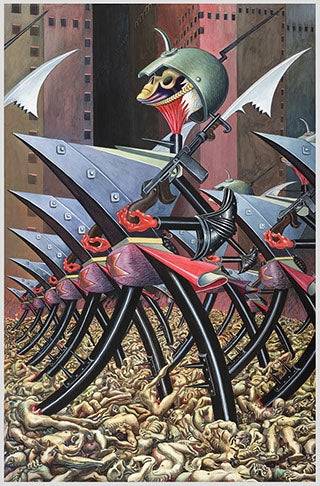

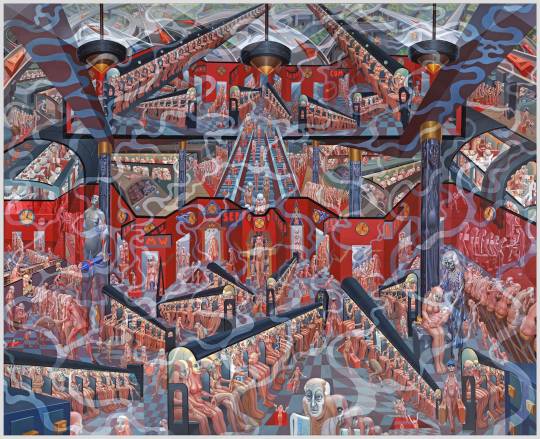
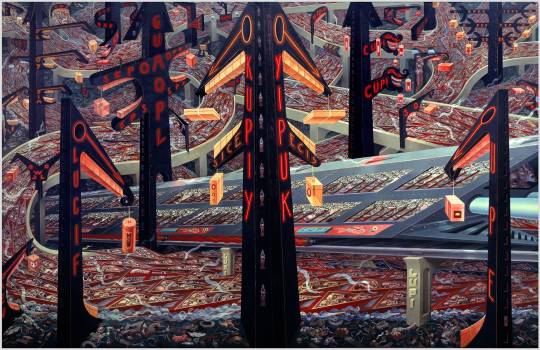


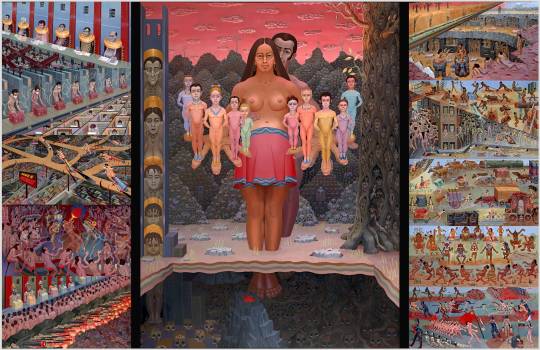
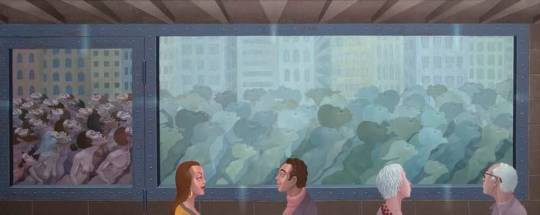

The Lithuanian-American artist Irving Norman was a social surrealist who painted large-scale and highly detailed critiques of contemporary life with hopes that viewers would consider the consequences of their actions and change their behavior. Influenced by the dire conditions of the Great Depression, his massive canvases feature armies of clone-like figures behaving in the clockwork manner in which they have been programmed. He moved from New York to Los Angeles in 1934 before helping to defend the Spanish Republic from the fascist Franco dictatorship. He survived the Spanish Civil War and in 1939 settling on Catalina Island off the Southern California coast, where he began drawing and painting from the atrocities he had witnessed. In 1940, he moved to San Francisco and had a solo exhibition at the San Francisco Museum of Art two years later. He then traveled to Mexico City and saw the murals of Diego Rivera, José Clemente Orozco, and David Alfaro Siqueiros before moving to New York City to studying at the Art Students League from 1946 to 1947. He returned to San Francisco in the late 1940s. Because of his political and social engagement, Norman was under FBI surveillance for decades. From 1950s, in the wake of McCarthy’s conspiracy theories and persecution of communists, his mail was monitored. The surveillance continued until 1974, despite the fact that he had brought successful legal action against the FBI’s frequent interrogations and harassment with the help of the American Civil Liberties Union. In 1988, fire destroyed his home, studio, artwork, and personal papers.
14 notes
·
View notes
Text

Modern Industrial Man, from The Epic of American Civilization, 1932-34 - José Clemente Orozco
6 notes
·
View notes


